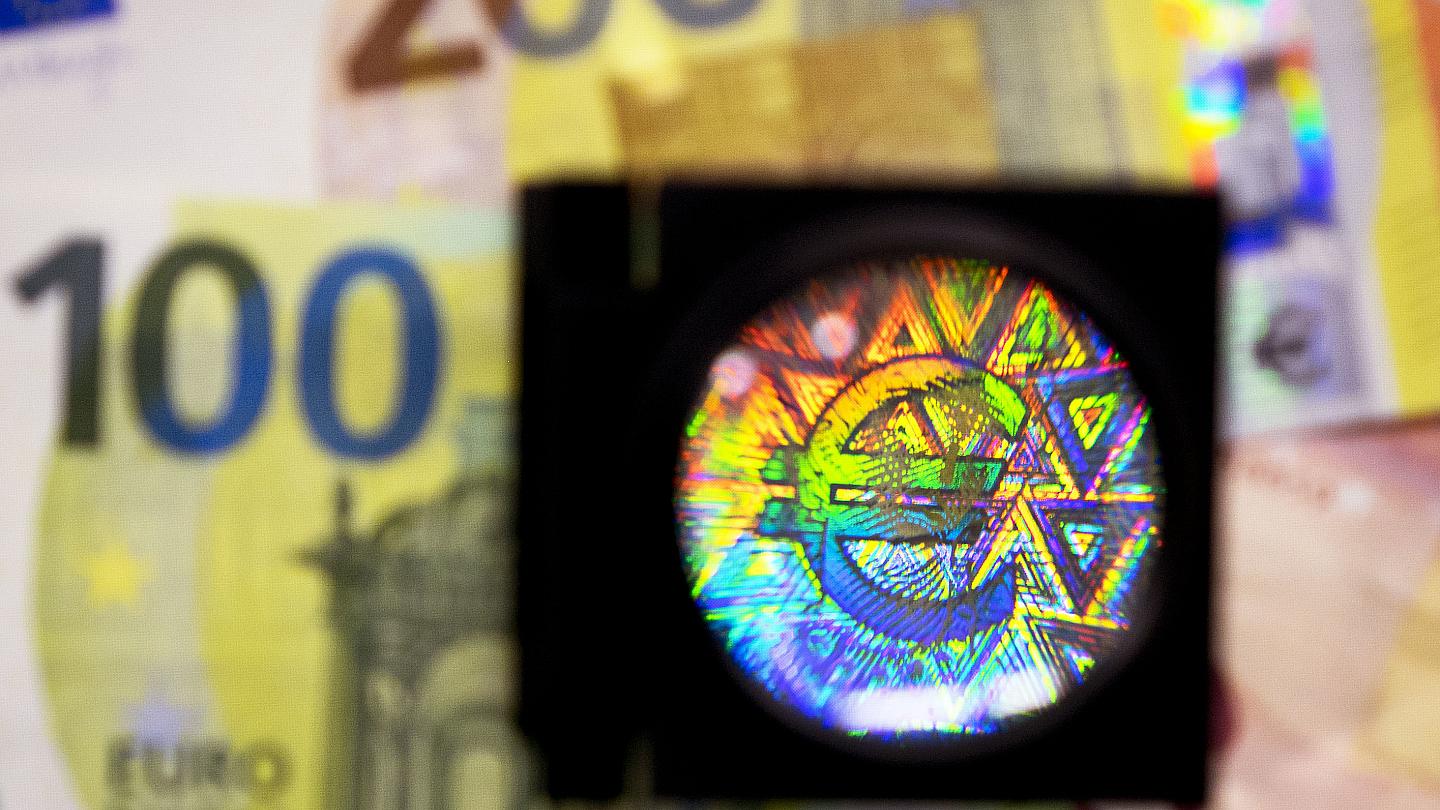ECB Pushes Digital Euro to Counter U.S. Influence and Stablecoin Growth
21.03.2025 10:00 1 min. read Alexander Zdravkov
The European Central Bank (ECB) is accelerating its digital euro plans, aiming to reduce reliance on U.S. payment giants and foreign stablecoins.
Chief Economist Philip Lane stressed that Europe must safeguard its financial independence, particularly as geopolitical tensions rise.
Rather than allowing dollar-backed stablecoins to gain traction in the eurozone, the ECB envisions its digital currency as a way to maintain monetary control.
Lane warned that dependence on American financial firms, including Visa and Mastercard, could weaken Europe’s economic sovereignty. Meanwhile, the U.S. is advancing stablecoin regulations, with Senator Hagerty’s GENIUS Act likely to pass soon.
The ECB launched its digital euro initiative in 2021, but delays in European Union legislation have stalled progress. Officials argue that the project would unify Europe’s fragmented payment systems and create a secure alternative to private cryptocurrencies. ECB President Christine Lagarde has urged lawmakers to act swiftly to ensure the region’s financial autonomy.
European policymakers are also wary of Donald Trump’s pro-stablecoin stance, seeing it as a potential challenge to the euro’s global standing. Across the Atlantic, U.S. lawmakers are pushing for stricter crypto regulations, with key bills expected to advance in the coming months.
-
1
China Pushes Digital Yuan Expansion as Global Currency Power Shifts
19.06.2025 17:00 1 min. read -
2
Fiserv to Launch FIUSD Stablecoin Across Its Massive Banking Network
23.06.2025 21:00 1 min. read -
3
Mastercard Integrates Chainlink to Power Direct Crypto Access for Cardholders
25.06.2025 18:00 1 min. read -
4
BIS Slams Stablecoins, Calls Them Ill-Suited for Modern Monetary Systems
26.06.2025 9:00 1 min. read -
5
Robinhood to Launch Tokenized Shares of OpenAI and SpaceX for European Users
01.07.2025 11:00 2 min. read
BlackRock’s Bitcoin ETF Now Out-Earning Its $624B S&P 500 Fund
BlackRock’s spot Bitcoin exchange-traded fund (ETF), known by its ticker IBIT, has surpassed the firm’s flagship S&P 500 ETF in annual revenue, according to a new report from Bloomberg.
Ripple Has Applied for a National Banking License
Ripple has officially applied for a national bank charter from the U.S. Office of the Comptroller of the Currency (OCC), aiming to establish a new regulatory benchmark for trust in the stablecoin market.
Bitget Wallet Teams Up with Mastercard to Launch Crypto-Powered Payment Card
Bitget Wallet has entered a strategic partnership with Mastercard and Web3 payment provider Immersve to launch a new payment card that allows users to spend cryptocurrencies directly from their digital wallets.
Robinhood to Launch Tokenized Shares of OpenAI and SpaceX for European Users
Robinhood CEO Vlad Tenev revealed plans on Monday to bring tokenized equity offerings to the European market, starting with shares in private tech giants OpenAI and SpaceX.
-
1
China Pushes Digital Yuan Expansion as Global Currency Power Shifts
19.06.2025 17:00 1 min. read -
2
Fiserv to Launch FIUSD Stablecoin Across Its Massive Banking Network
23.06.2025 21:00 1 min. read -
3
Mastercard Integrates Chainlink to Power Direct Crypto Access for Cardholders
25.06.2025 18:00 1 min. read -
4
BIS Slams Stablecoins, Calls Them Ill-Suited for Modern Monetary Systems
26.06.2025 9:00 1 min. read -
5
Robinhood to Launch Tokenized Shares of OpenAI and SpaceX for European Users
01.07.2025 11:00 2 min. read


